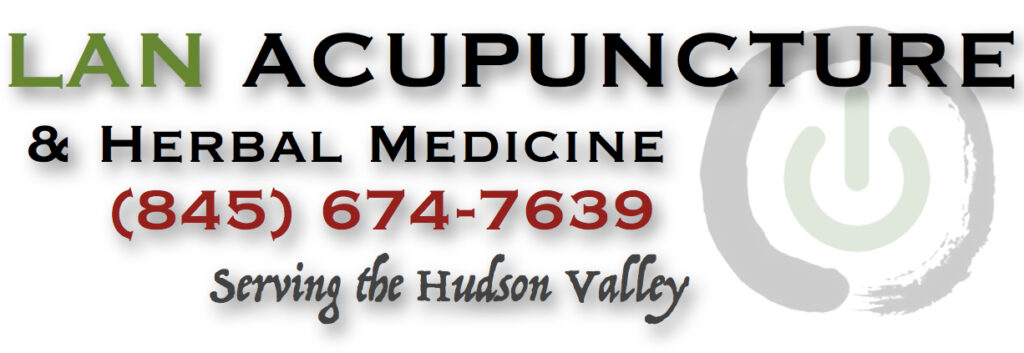New research has just been released demonstrating that acupuncture is effective for the treatment of PMS, anxiety and depression. Researchers from the Harvard Medical School (Boston, Massachusetts) and the Advanced Integrative Rehabilitation and Pain Center (Washington, DC) conclude that “there is high-level evidence to support the use of acupuncture for treating major depressive disorder in pregnancy.” In an additional study, researchers from the School of Acupuncture-Moxibustion and Tuina (Beijing University of Chinese Medicine) conclude that acupuncture shows effectiveness in treating PMS (Premenstrual Syndrome).
In the first study, the researchers note that both anxiety and depression are highly prevalent in society. The researchers note that both anxiety and depression are “difficult to treat and have high relapse rates and medication side-effects. There is evidence to suggest that acupuncture may be an effective treatment modality.” The conclusions were drawn based on randomized controlled trials. The meta-analysis filtered for quality research and included several trials that were double-blinded. All studies showed that the benefits of acupuncture for anxiety and depression were significant.
These findings are consistent with other recent research demonstrating that acupuncture is effective for the treatment of depression. One recent investigation concludes that acupuncture enhances antidepressant therapy when with paroxetine (Paxil, Sereupin, Aropax) is used. Acupuncture has been found to accelerate the clinical responses to this class of drugs, SSRIs (selective serotonin reuptake inhibitors), for the treatment of major depressive disorder. In another investigation, researchers came to the same conclusion that acupuncture improved “the quality of life in depressed patients undergoing paroxetine treatment.” Similar findings were published by researchers at the University of Arizona, Tucson. They concluded that “acupuncture can provide significant symptom relief in depression, at rates comparable to those of psychotherapy or pharmacotherapy.”
The study on acupuncture for PMS demonstrated a relationship between acupuncture point specificity, syndrome differentiation, timing intervention and specific acupuncture treatment characteristics with positive clinical outcomes. A meta-analysis of studies on the effectiveness of acupuncture for the treatment of PMS “showed that acupuncture groups had better therapeutic effects than those in control groups.” Given the positive correlation between acupuncture and the relief of PMS, the investigators suggest additional research, specifically more clinical trials, into the efficaciousness of acupuncture for the treatment of PMS.
Excerpt from:
